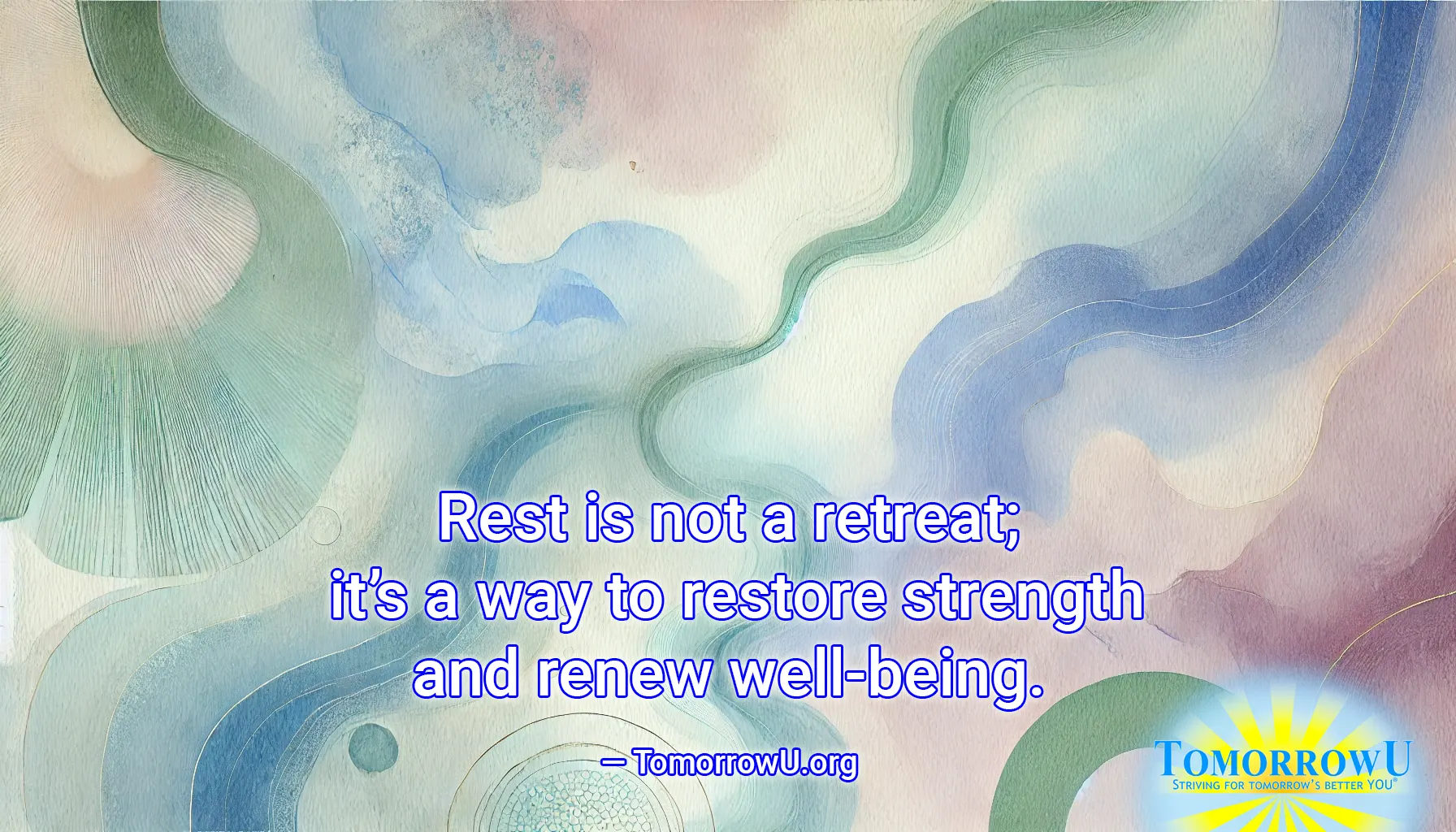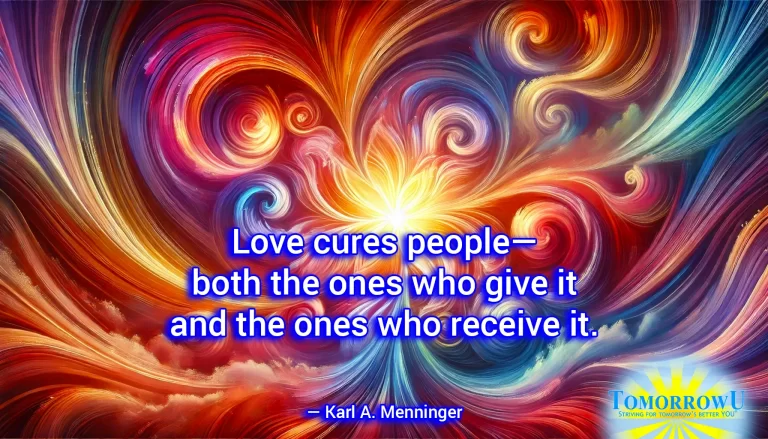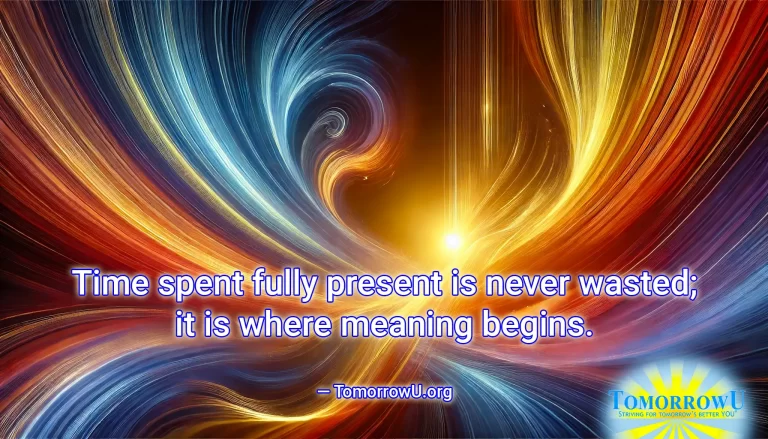In our fast-paced lives, the importance of rest and restoration often goes unnoticed. Yet, these practices form the backbone of sustainable well-being, allowing both the body and mind to recover, recharge, and thrive. Embracing rest as a wellness tool can improve our physical health, mental clarity, and overall quality of life.
Physical Benefits of Rest and Restoration
Rest isn’t just about sleep—it encompasses a range of restorative practices, from gentle movement and relaxation techniques to adequate downtime in our schedules. Physically, rest allows the body to repair tissues, regulate hormones, and strengthen the immune system. For example, getting enough sleep supports the body’s natural healing processes, reduces inflammation, and promotes cardiovascular health. In contrast, a lack of rest can lead to increased stress hormones, higher blood pressure, and a weakened immune response.
Mental Clarity and Emotional Balance
Restoration goes beyond physical health, extending into mental clarity and emotional balance. Taking time to rest helps reduce mental fatigue, improving focus, decision-making, and emotional resilience. When the brain is given time to pause, it processes experiences, stores memories, and creates insights. Rest can be as simple as engaging in activities that relax the mind, like reading, meditating, or spending time in nature. These moments of pause allow the mind to reset, which can lead to greater creativity, improved mood, and reduced feelings of anxiety or stress.
Strategies to Integrate Rest into Daily Life
Incorporating rest into daily routines can be simple and highly effective. Aim for seven to nine hours of quality sleep each night, as this is fundamental to bodily restoration. Additionally, consider taking short breaks during the day to relax your mind and body. Techniques such as deep breathing exercises, mindfulness meditation, or even a quick walk outside can provide mini-restorative moments. Scheduling these activities regularly helps build a balanced lifestyle where rest and activity coexist harmoniously.
Conclusion
Rest and restoration are not indulgences; they are necessities for a healthy, balanced life. By recognizing the value of these practices and incorporating them into daily routines, we can nurture both our bodies and minds. Embracing rest as a vital aspect of wellness enhances resilience, supports physical health, and enriches our well-being journey. Striving for tomorrow’s better YOU means honoring rest as an essential part of overall health.




